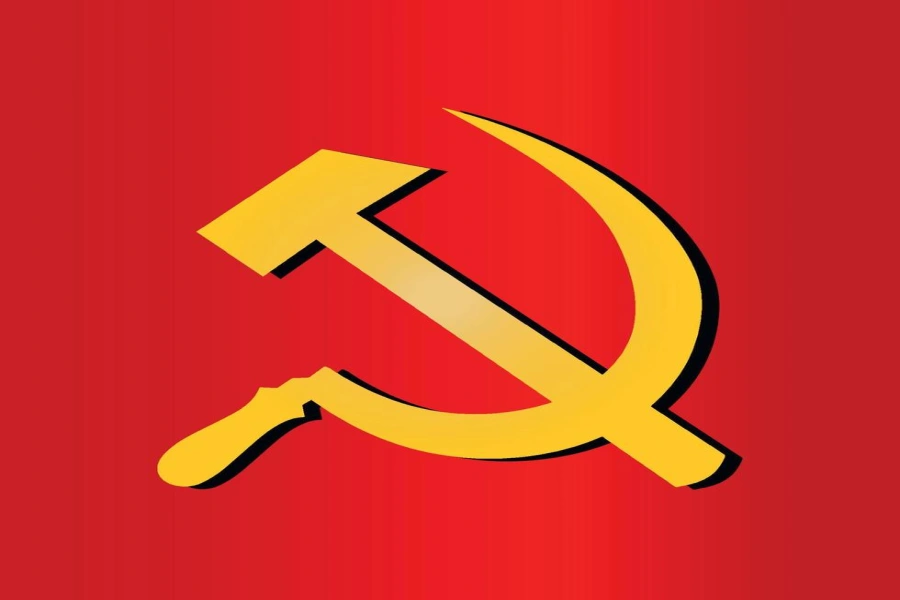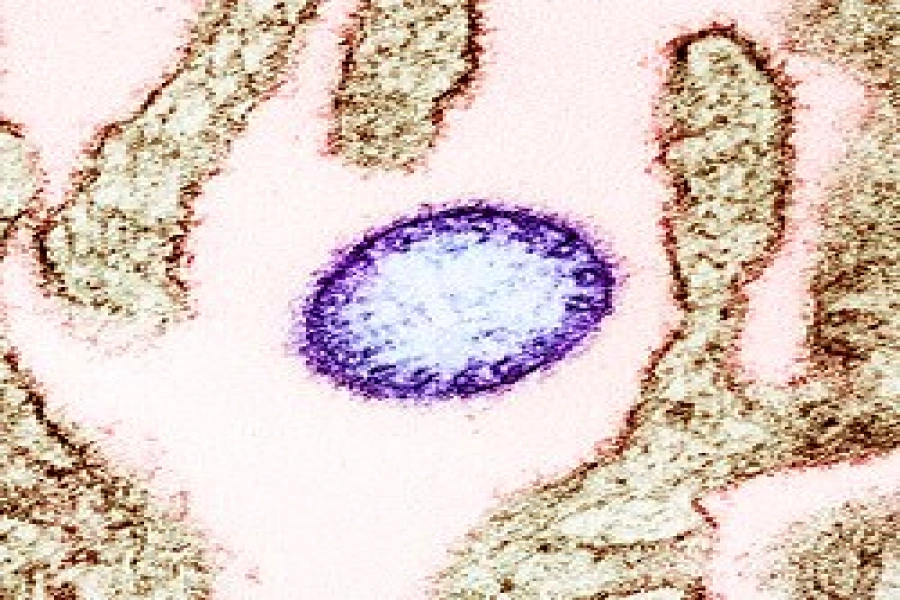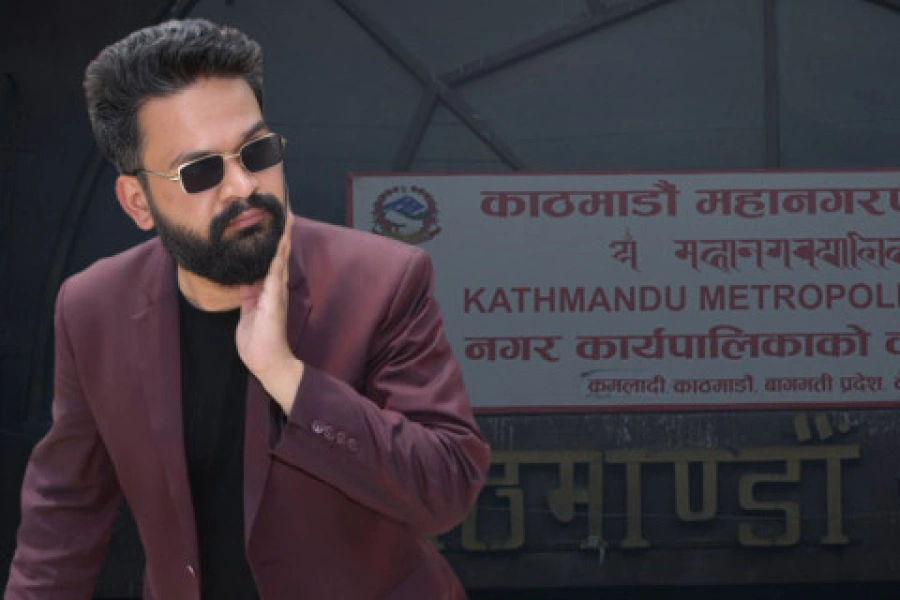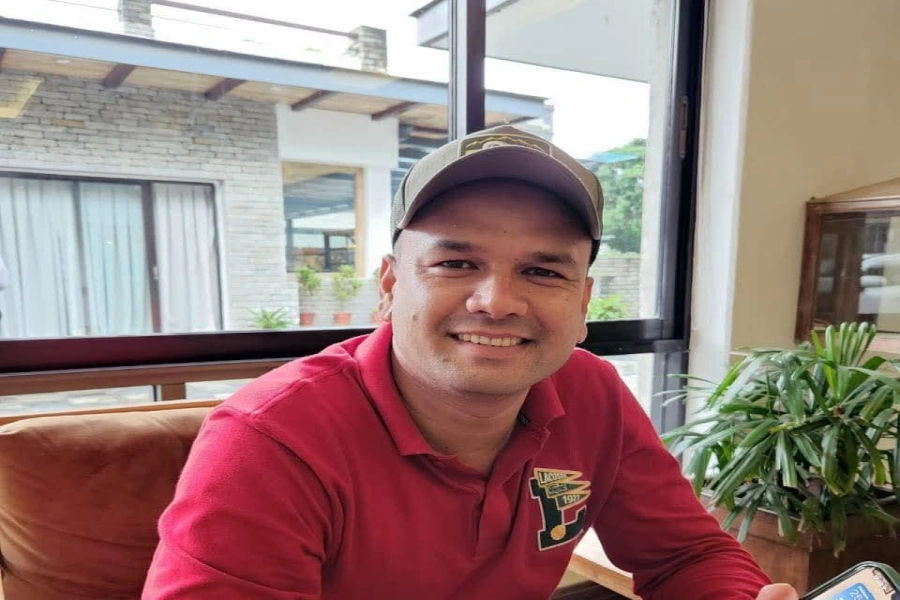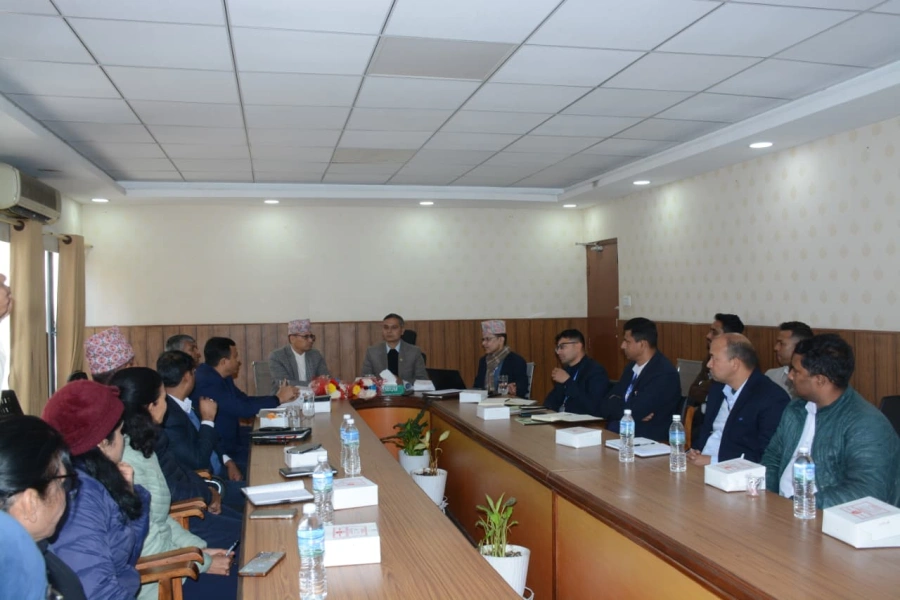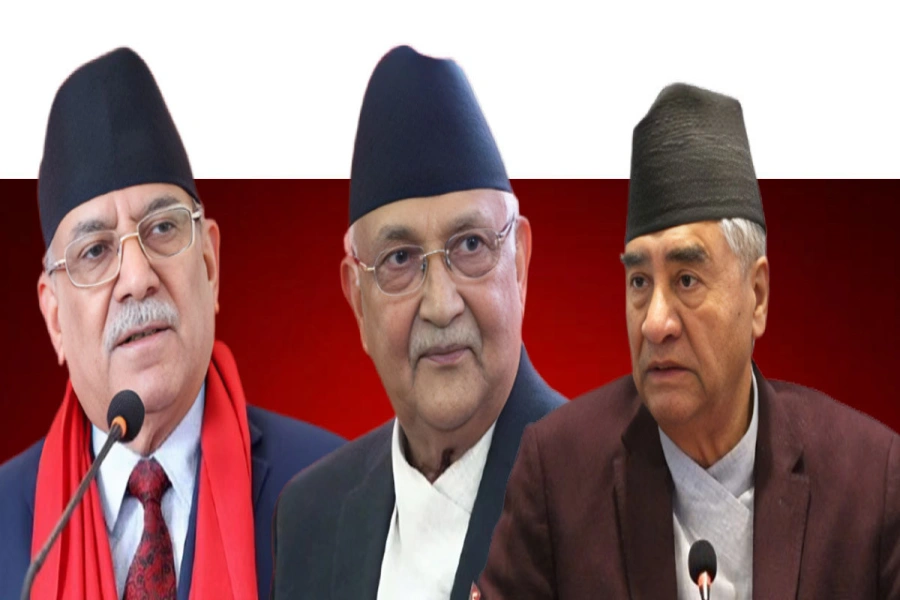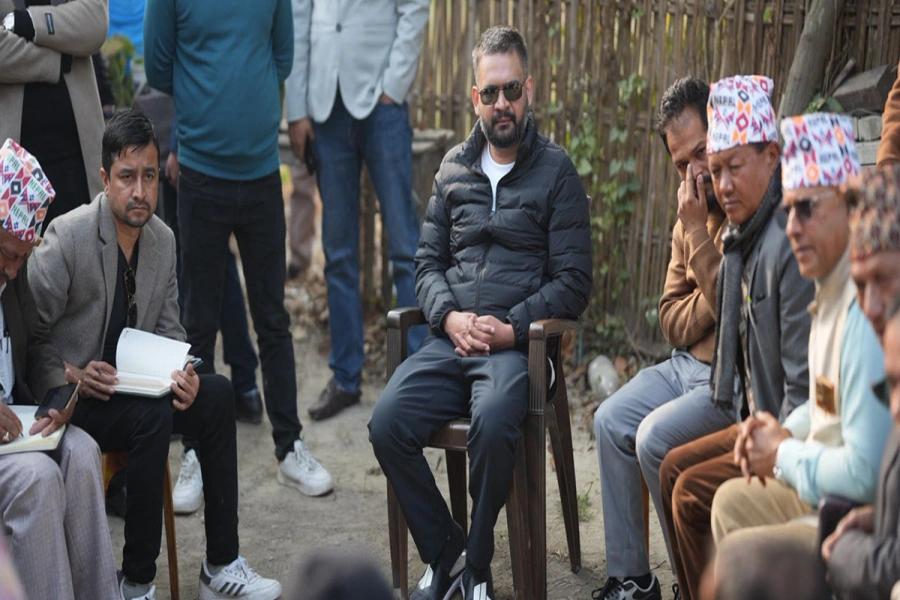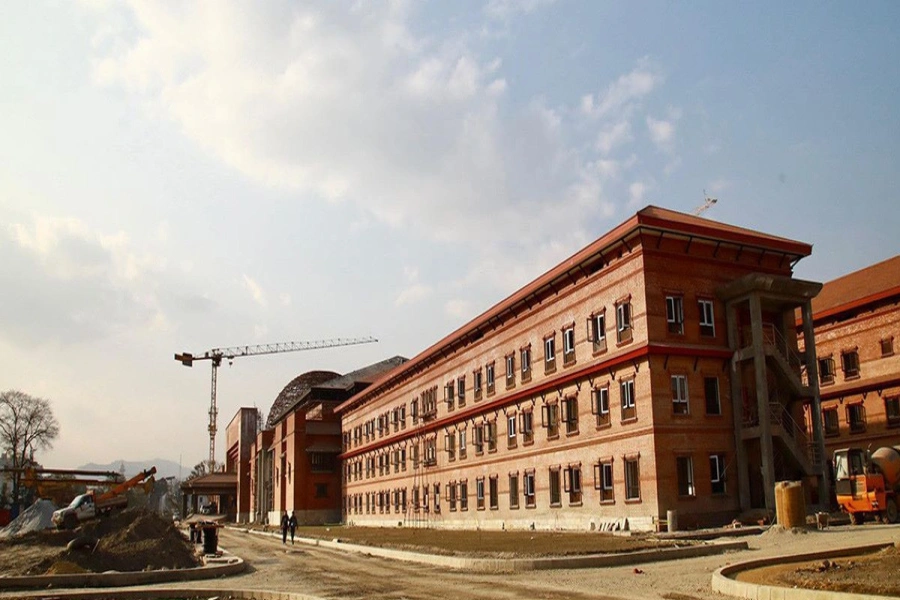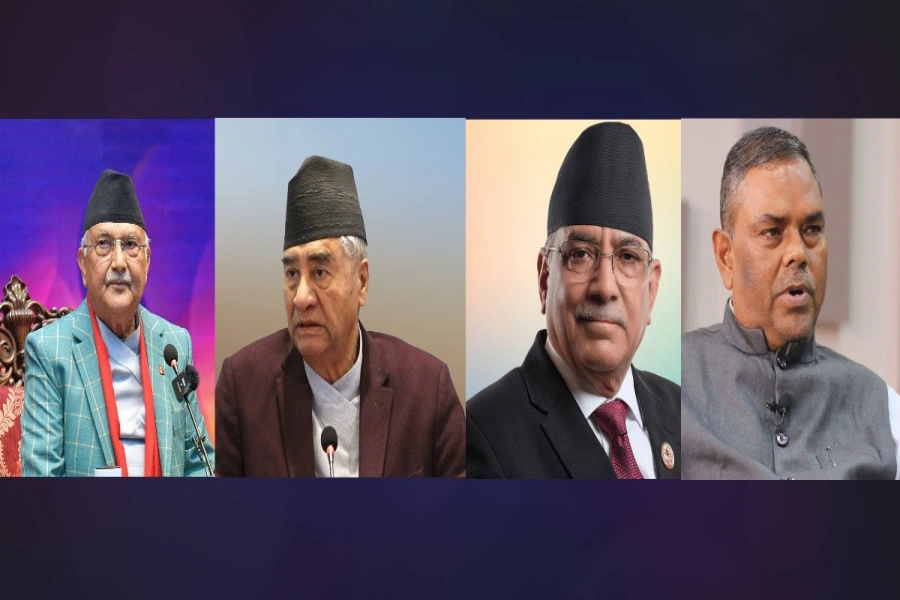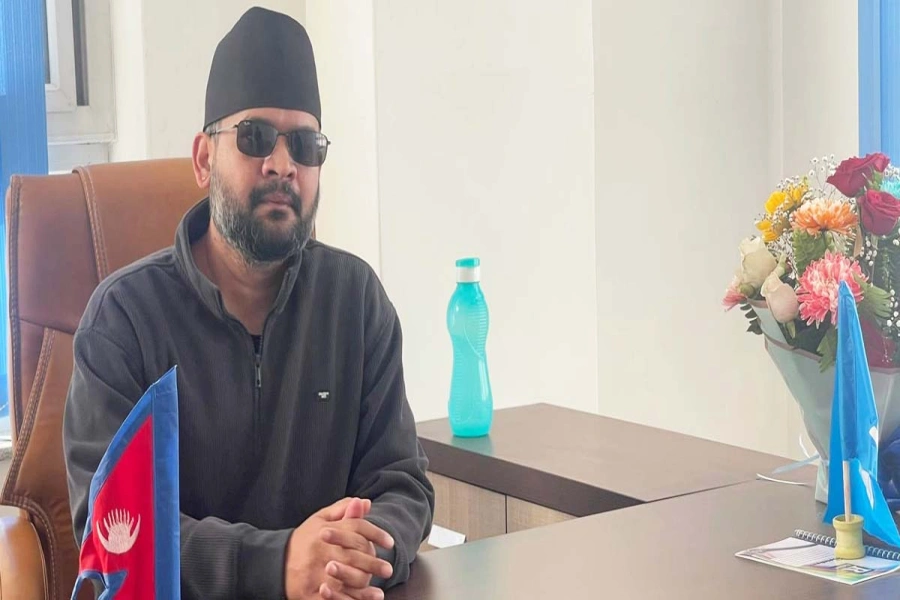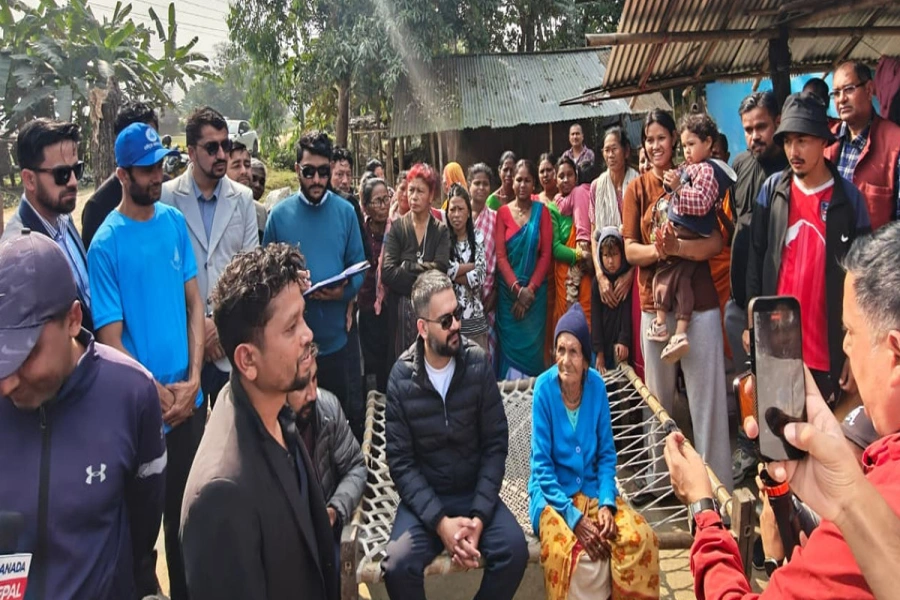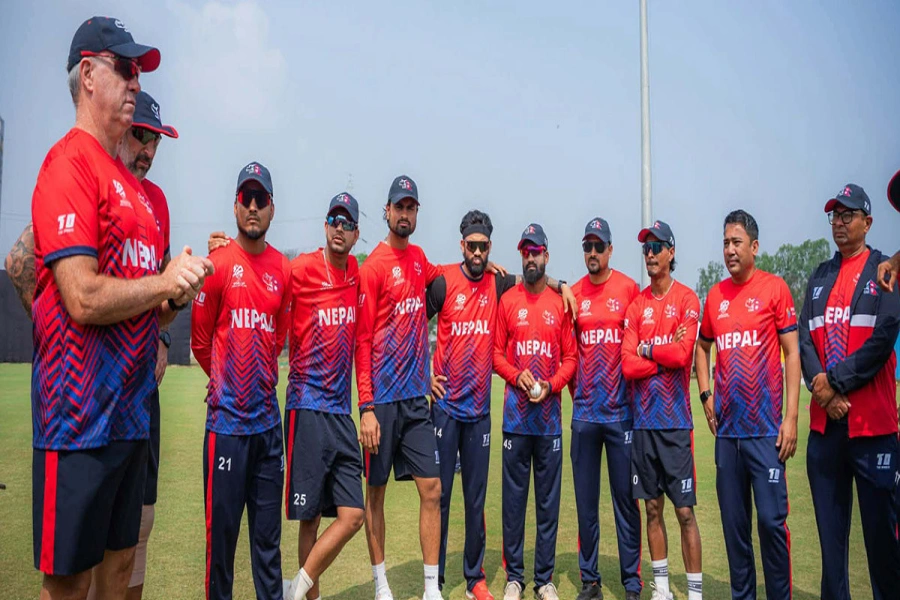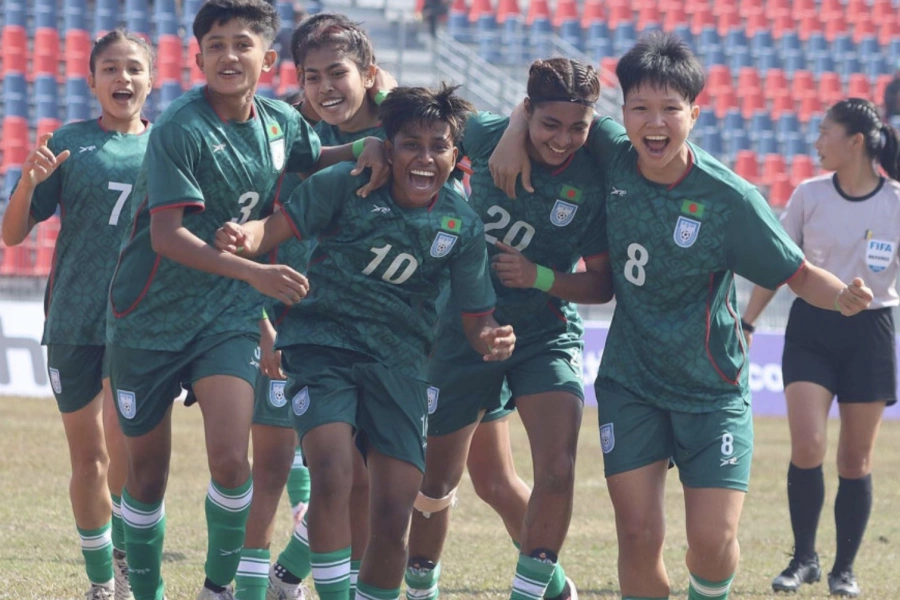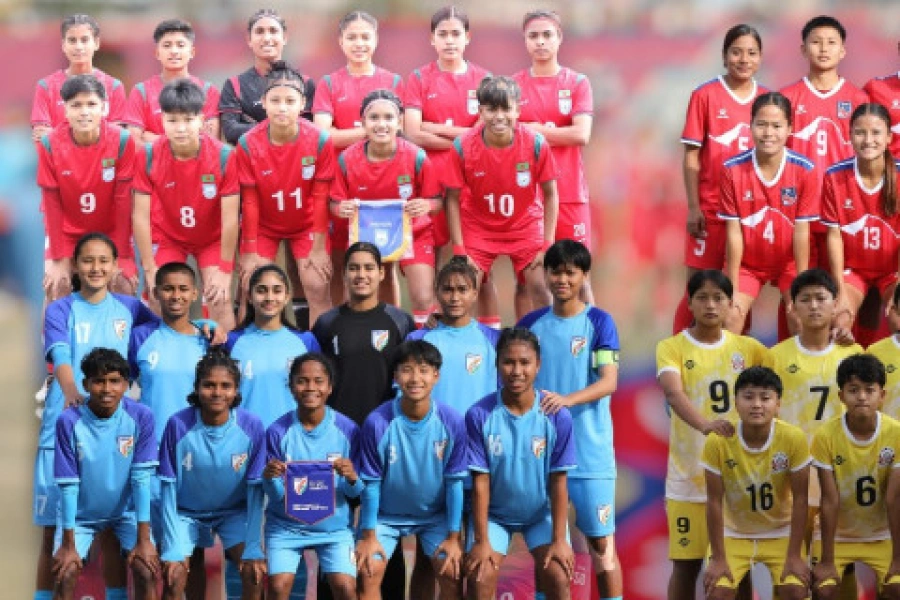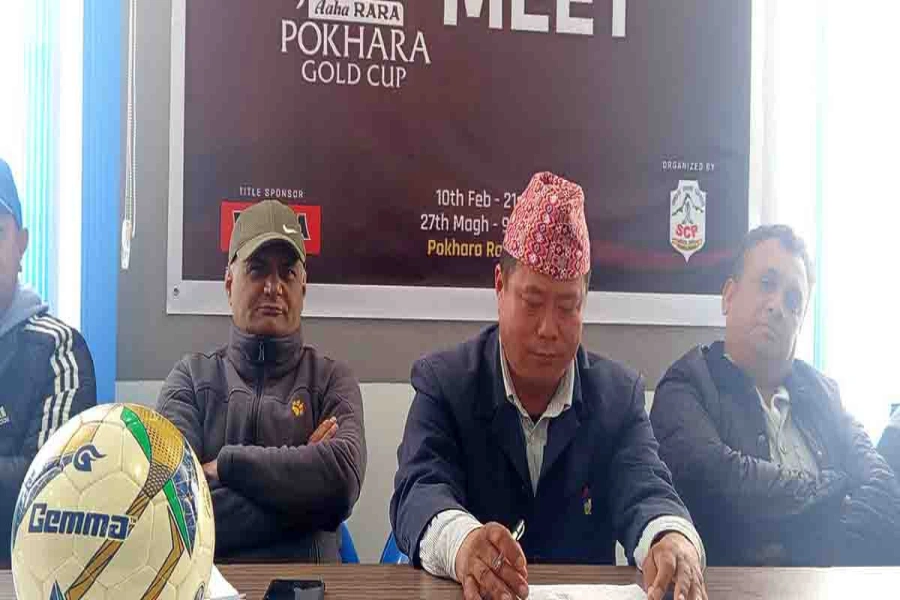KATHMANDU, April 9: Despite changes in the system, the condition of the people has not improved, leading to growing dissatisfaction with political parties and the government. Taking advantage of the increasing frustration among the public, various political groups and factions have become active in movements calling for the abolition of the constitution issued by the Constituent Assembly and the restoration of monarchy.
In defense of this, parties including the CPN (Maoist Centre) have raised strong voices in favor of a federal democratic republic and have taken to the streets. It is not only these two sides, but also various professional unions, cooperative victims, and microfinance victims with different demands who are currently engaged in street protests in Kathmandu.
The pro-monarchy, who are against federalism and republic, were encouraged by the congratulatory message issued by the then King Gyanendra Shah on February 18. Taking advantage of the growing public dissatisfaction and frustration with political parties, the pro-monarchy staged a protest in Tinkune, Kathmandu, on March 28.
The peaceful protest, which was said to be non-violent, turned chaotic, resulting in the deaths of two people, including a journalist, and causing property damage worth millions of rupees. The police are investigating the incident, having detained 20 individuals, including senior vice-chairman of the Rastriya Prajatantra Party (RPP), Rabindra Mishra, general secretary Dhawal Shamser Rana, on charges of making the protest violent.
As a continuation of the protest held in Tinkune on March 28 under the banner of the Joint People's Movement Committee (JPMC) led by Navaraj Subedi (currently Jagman Gurung), the royalists have announced another protest in Kathmandu on Wednesday. The Rastriya Prajatantra Party Nepal, led by Kamal Thapa, has also expressed its support for the protest.
Similarly, the RPP, which supported the program on March 28, held an awareness assembly in the capital on Tuesday. The RPP has already announced that it will launch a continuous movement from April 20, demanding a change in the system for the betterment of the people.
Morang district is now the second biggest COVID-19 hotspot afte...

Opponents of federalism and republic, including royalists, as well as the socialist alliance led by the main opposition, the CPN (Maoist Centre), had also staged a protest in the capital on March 28. The alliance has expressed its readiness to take to the streets at any time to defend the constitution, including the federal democratic republic system.
The Rastriya Janamorcha has also announced a separate movement. Led by Chitra Bahadur KC, the party has declared a week-long protest in the capital from April 6 to 12, demanding the protection of the republic and nationalism, as well as the abolition of federalism.
The Aam Janata Party has also taken to the streets. The party, led by Prabhu Sah, has announced a movement against the parties that have created an empire of loot and corruption in the name of democracy. The party has been continuously holding street protests through various groups and individuals in various professions.
At the same time that political parties have taken to the streets with their issues and demands, various professional organizations, groups, and individuals from different fields have also chosen to protest. Currently, more than half a dozen professional and other groups, including doctors and teachers, are demonstrating in the capital.
Residential doctors from private medical colleges have taken to the streets, demanding that they receive allowances as per government decisions. The residential doctors started their protest on the streets, citing that the decision made by the Medical Education Commission on February 7 had not been implemented.
The government had decided to provide a monthly allowance of Rs 48,000 to residential doctors pursuing postgraduate (PG) medical education at private medical colleges. However, private medical colleges have been providing residential doctors with allowances of less than Rs 20,000, despite them working more than 120 hours per week.
Doctors from KIST and Nepal Medical College in Kathmandu, as well as those from Chitwan Medical College, College of Medical Sciences in Chitwan, Nepalgunj Medical College, and Lumbini Medical College, are holding protests at their respective hospital premises and rallies. The protesting doctors have stated that instead of addressing their demands, the private medical college operators have started using threatening and intimidating language.
Similarly, the Nepal Teachers Association (NTA) is also engaged in a protest with professional demands. Led by the NTA, teachers from across the country have gathered in Kathmandu, demanding not only the issuance of a new education act but also that it should align with their demands. These teachers have been staging street protests since April 2.
Although the government has called for talks, the NTA has rejected the invitation. The Bill to Amend and Consolidate Laws on School Education, 2080 has already been presented in the House of Representatives. The teachers have raised demands, including the removal of education from local bodies, which they claim goes against the constitution.
Victims of microfinance and cooperatives have also gathered in Kathmandu, demanding the return of their lost savings and other related issues. The government has yet to take serious action regarding their demands for the return of their lost deposit funds.
Rabi Lamichhane, the chairman of the Rastriya Swatantra Party (RSP), along with others, is currently facing charges for misappropriating cooperative funds and is still in police custody. However, it remains uncertain when the case will be resolved or how the victims will receive justice. The RSP has also initiated a movement called ‘Jana Yatra’ after their chairman, Lamichhane, was re-arrested.
Following the government's removal of Kulman Ghising from the position of Managing Director at the Nepal Electricity Authority, his supporters have been protesting, demanding his reinstatement.
It can be argued that the growing dissatisfaction in the country is due to the erosion of public trust and confidence in the government. While one group after another takes to the streets, accusations have emerged that, instead of seeking solutions through dialogue and discussions with dissatisfied parties, the government is inciting others and sending them to the streets.
RPP Chairman Rajendra Lingden has warned that if the government does not improve, they will encircle the Prime Minister's official residence at Baluwatar and stop the provision of food and water. Speaking at an awareness assembly organized by the RPP in Kathmandu on Tuesday, he said, “I am saying again, if the government does not improve, we won’t say we’ll open fire, but we can encircle Baluwatar and stop food and water. Keep this in mind.”



